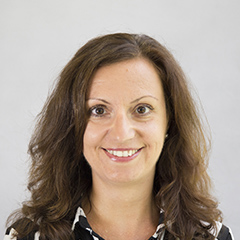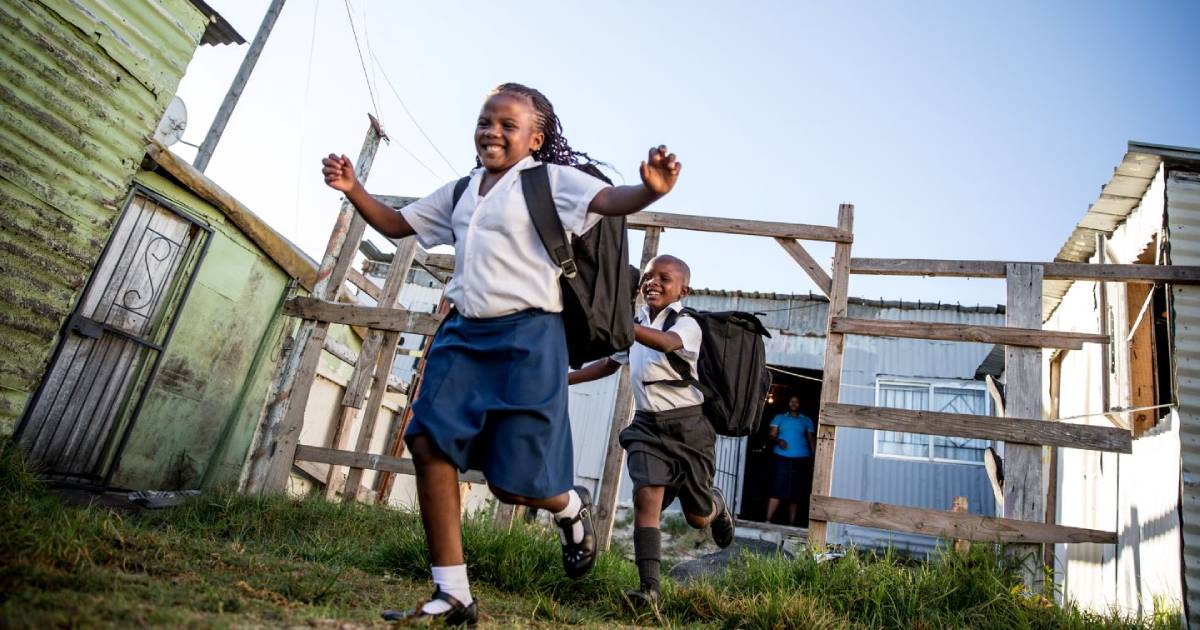Millennium Challenge Corporation
The secondary education system in Guatemala is facing huge challenges. Youth are dropping out of school and those who complete secondary education lack the necessary skills to enter the workforce. To improve the quality of secondary education, the government of Guatemala is partnering with the Millennium Challenge Corporation (MCC) through a threshold program focusing on the quality of secondary education. MCC is supporting the government of Guatemala to implement policy and institutional reforms aimed at providing quality educational opportunities for Guatemala’s youth that have relevance to the labor market.
The project is composed of three activities:
1. Strengthening the competencies of teachers, principals, and administrators to promote equitable, high quality secondary education through the creation of school networks and parent councils.
2. Supporting the Guatemalan Ministry of Education (MINEDUC) in improving technical and vocational education and training.
3. Strengthening the institutional capacity of MINEDUC to plan and budget for the equitable provision of a quality secondary education as well as use data to drive decision-making in the Ministry and Departmental offices.
Mathematica will conduct impact and performance evaluations to assess the contributions of these programs. Methodologies include a randomized controlled trial to measure the impact of school-level interventions on student learning; a performance evaluation using a multisite case study approach to assess improvements in technical and vocational education and training; and a performance evaluation using tools such as the Delphi technique, SIDA’s Power analysis, and bottleneck analysis to assess improvements in the institutional capacity to implement the education reforms.
Mathematica staff are conducting an evaluability assessment to understand the constraints that might affect implementation of the evaluation design. After completing the evaluability assessment report, Mathematica will engage local stakeholders to discuss the logic model, identify priority research questions, refine evaluation methodologies, establish timelines, and build stakeholder commitment to the proposed design.
Related Staff
Efficiency Meets Impact.
That's Progress Together.
To solve their most pressing challenges, organizations turn to Mathematica for deeply integrated expertise. We bring together subject matter and policy experts, data scientists, methodologists, and technologists who work across topics and sectors to help our partners design, improve, and scale evidence-based solutions.
Work With Us


